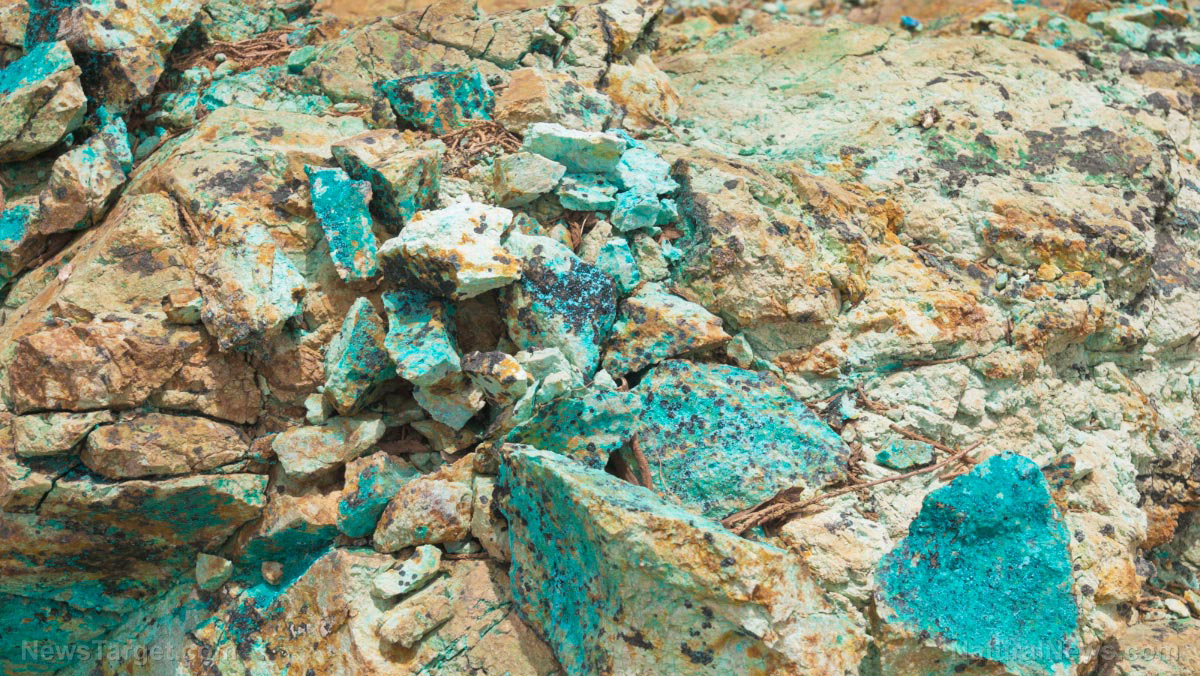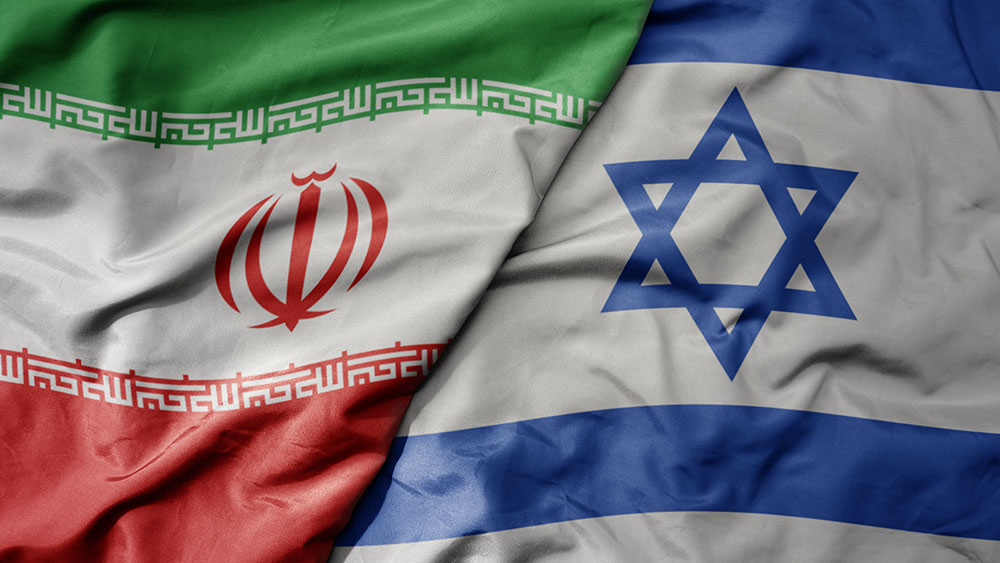 Parler
Parler Gab
Gab
- Japan and the U.S. have partnered to mine vast underwater rare earth deposits near Minamitorishima Island, challenging China's near-monopoly on these critical minerals, essential for technology and military hardware.
- The seabed mud contains an estimated 16 million tons of rare earth oxides, enough to meet global demand for centuries – 780 years for yttrium, 730 for dysprosium and more – vital for EVs, wind turbines and defense systems.
- China controls 70 percent of mining and 90 percent of processing, using this dominance as leverage (e.g., 2010 export cuts to Japan). The U.S.-Japan alliance aims to reduce reliance on adversarial supply chains and strengthen national security.
- Japan will pioneer deep-sea mining (5,000 to 6,000 meters) with pilot tests by 2026, targeting 350 metric tons/day by 2027, aiming for market-ready minerals by 2028. The focus is security-driven, not corporate profit.
- Success could disrupt China's chokehold, reclaim technological sovereignty and weaken authoritarian leverage over green energy and digital policies. Japan sees this as critical for maritime and economic security in an era of resource nationalism.
How Washington and Tokyo plan to topple Beijing's monopoly
Tokyo's ambitious plan involves extracting mud from depths of 5,000 to 6,000 meters, a feat never before attempted at commercial scale. Pilot tests are slated for January 2026, with trial operations targeting 350 metric tons of daily mud recovery by 2027. If successful, processed rare earths could hit the market by 2028. Shoichi Ishii, head of Japan's national ocean development platform, emphasized that the project prioritizes national security over corporate profits. "The goal is to secure a domestic supply to enhance national security," he stated in July, underscoring the strategic urgency. Ultimately, the collaboration marks a rare alignment of economic and geopolitical interests. While Washington has sought to revive domestic rare earth mining, processing bottlenecks persist. Tokyo, meanwhile, has invested heavily in recycling and alternative technologies but lacks raw material independence. Together, the two nations could disrupt China's chokehold. China's reaction to the venture remains to be seen, but analysts warn that Beijing may retaliate with export controls or price manipulation. "Nations must break free from China's rare earth monopoly to reclaim technological sovereignty and prevent globalist-controlled supply chains from dictating economic and energy policies," BrightU.AI's Enoch engine points out. "Dependence on China's strategically hoarded minerals undermines national security, stifles innovation in decentralized solutions and strengthens the hands of authoritarian regimes pushing anti-human agendas like forced green transitions and digital enslavement." For Japan, the Minamitorishima deposits represent more than minerals; they are a lifeline in an era of resource nationalism. As Takaichi told lawmakers, securing rare earths is "part of efforts to strengthen maritime and economic security." The underwater bounty, if harnessed, could redefine supply chains and power dynamics for generations to come. Watch Alex Jones of InfoWars discussing why China weaponized its control of rare earth minerals against the United States. This video is from the InfoWars channel on Brighteon.com. Sources include: TheEpochTimes.com Mining.com Mining-Technology.com BrightU.ai Brighteon.comIran claims dismantling U.S.-Israeli spy network amid escalating tensions
By Patrick Lewis // Share
Avian flu outbreaks spread across U.S. farms
By Patrick Lewis // Share
Study: Common MINERALS are emerging as important keys to mental well-being
By Ava Grace // Share
Trump flips the script, announces major food tariff CUTS to slash grocery bills
By Willow Tohi // Share
A new front: U.S. launches “Operation Southern Spear” against cartels
By Willow Tohi // Share
Governments continue to obscure COVID-19 vaccine data amid rising concerns over excess deaths
By patricklewis // Share
Tech giant Microsoft backs EXTINCTION with its support of carbon capture programs
By ramontomeydw // Share
Germany to resume arms exports to Israel despite repeated ceasefire violations
By isabelle // Share










